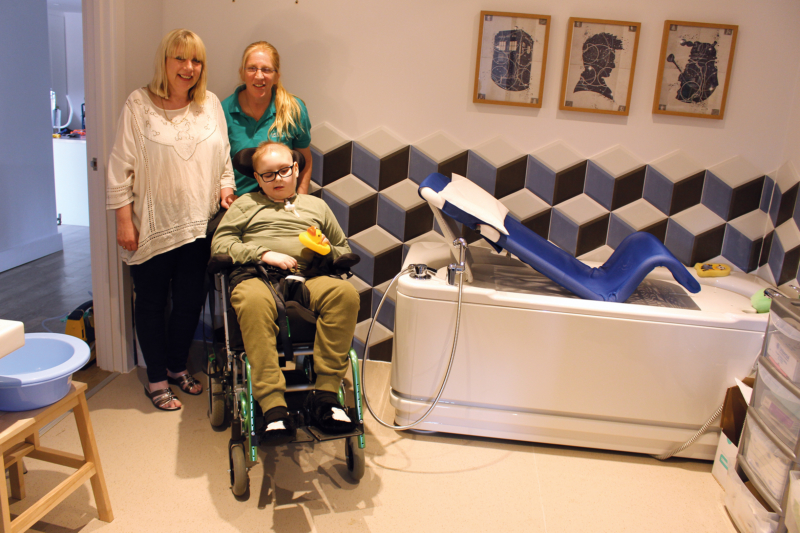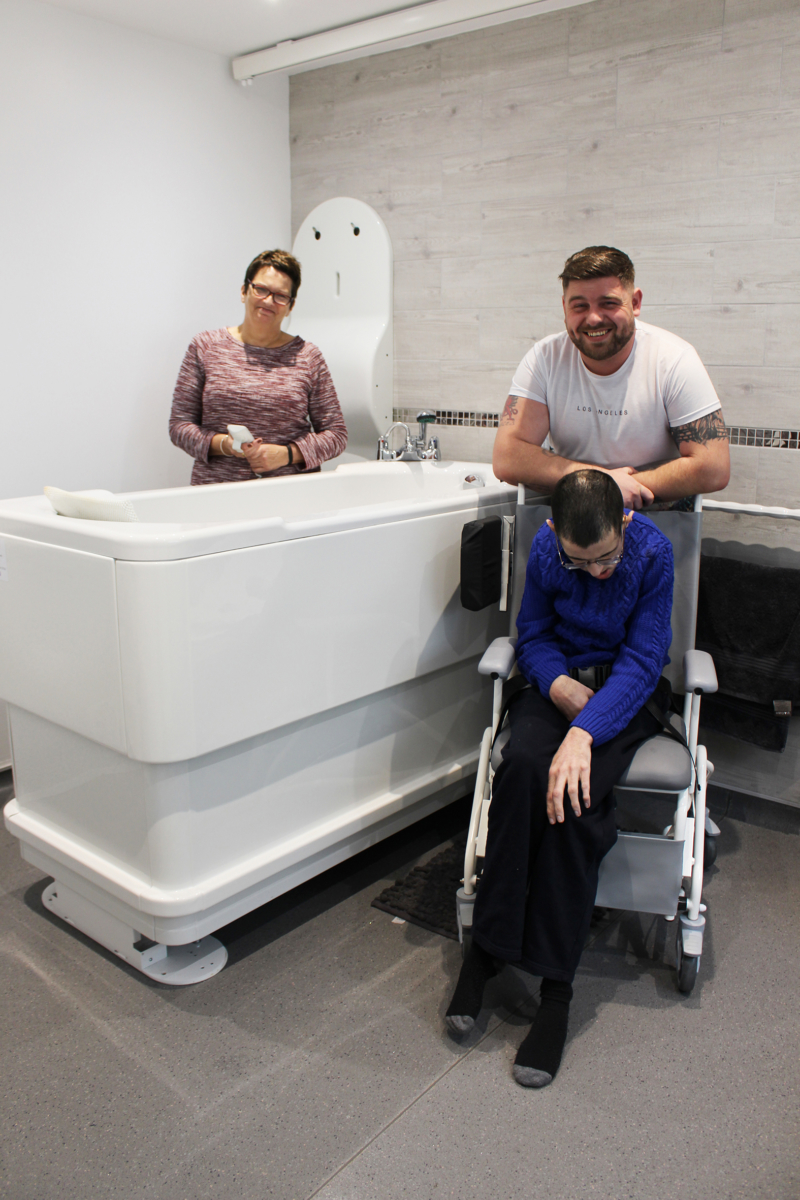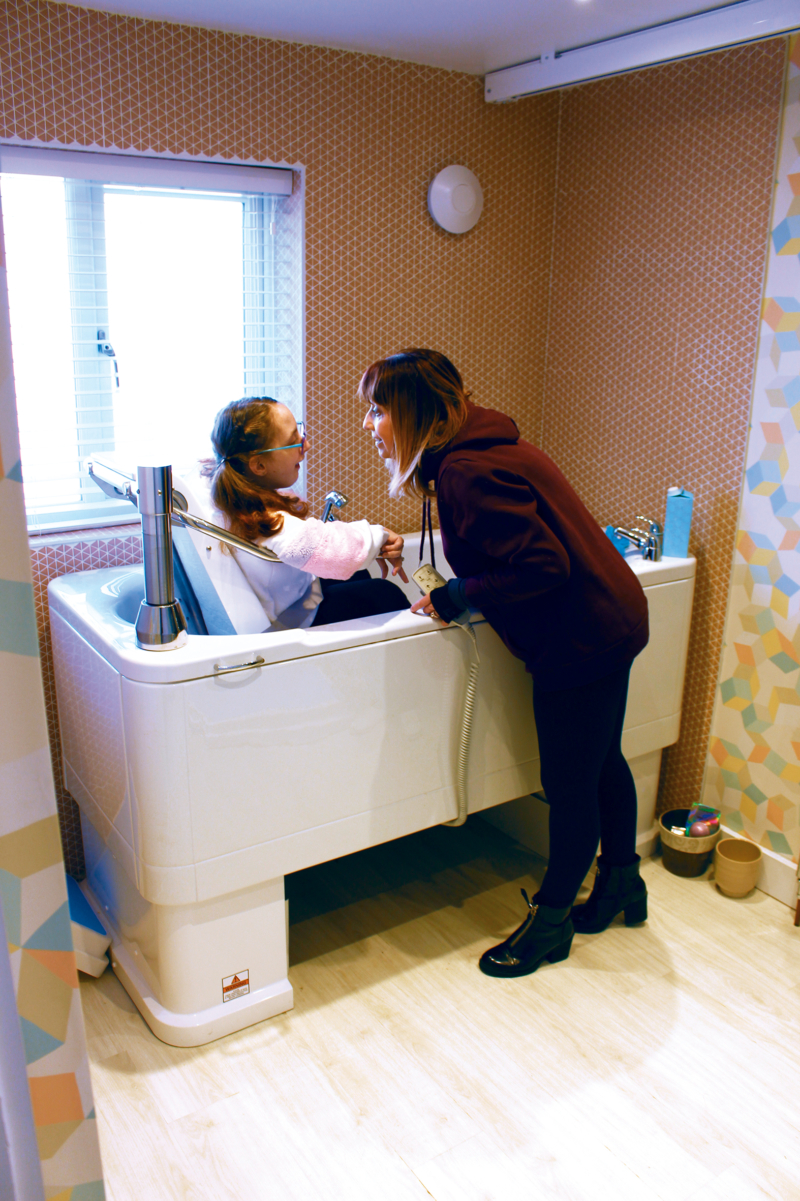Bathing and mental health
Mental Health Awareness week is 10–16th May 2021 in the UK and the theme focuses on contact with nature.
During the COVID-19 pandemic, many of us have had the opportunity to reconnect with nature. For lots of people it has been the key coping strategy to deal with lockdowns [1] at a time when exercise and other meaningful activities have been restricted.
Water is a key element of nature and many of us enjoy being immersed in water for lots of different reasons such as to play, relax, reduce tension, or ease pain. Indeed, even just the sound of running water can induce memories or feelings of links with nature. Many of the benefits of being immersed in water can be replicated by having a bath at home. While there is limited quality research to support the positive impact of bathing on mental health, even a quick internet search confirms what is considered common knowledge, that many people find bathing to be relaxing, which in turn can reduce feelings of low mood, stress, and anxiety.

There is sufficient research to support the role of bathing in sleep, further information on this can be found on the Abacus Academy website [2]. There is also sufficient evidence to support the impact sleep deprivation has on an individual’s mental health [3].

Individuals may choose to have a bath at home for the above-mentioned reasons in addition to connecting with their partner or spiritual and religious reasons or to aide sleep. Despite these common reasons for bathing, there is a continued tendency to only focus on an individual’s ability to transfer in and out of bath and often recommend equipment that doesn’t allow the individual to be immersed in the water. If the individual purely sees bathing as a means to get washed, they are likely to be satisfied with a shower. However, for individuals who choose to have a bath because they find it relaxing, it is part of their routine to assist with sleep, it reduces muscle pain and stiffness, it provides them with an opportunity to interact and play with their child, to be intimate with their partner, to find peace away from everyone else with the warm bubbles, book, candles and a glass of wine, providing an alternative to bathing would result in occupational deprivation, causing life roles and/or coping strategies to be lost. This solution is neither client centred or occupation focused. Many professions can work in a client centred manner but the unique selling point of occupational therapy is our ability to focus on occupation [4]. Occupations are defined as every activity that people engage in as individuals, with families, friends and in their community to occupy their time and provide meaning and purpose to their life. Occupations can be categorised as things people need to do, want to do or are expected to do [5].

In the case of bathing, occupational therapists must ask “why?” in addition to “how?” and take the time to understand why a person needs and wants to bathe to ensure that a solution is found so that they can continue to engage in the occupation of bathing if it is their choice to do so. Supporting a person to engage in the occupations they identify as meaningful is crucial to maintaining their mental health. Approaching a bathing assessment focused on occupation rather than a needs assessment, will ensure occupational therapists stay true to their core skills and can provide adequate clinical reasoning to justify funding for an adapted bath, should this be required. This will allow the individual to continue to participate in their meaningful life roles and occupations, there by supporting their mental health.
[1] https://www.mentalhealth.org.uk/campaigns/mental-health-awareness-week/why-nature
[2] https://youtu.be/4tEQrRNuP2g
[3] https://www.health.harvard.edu/newsletter_article/sleep-and-mentalhealth
[5] https://wfot.org/about/about-occupational-therapy

